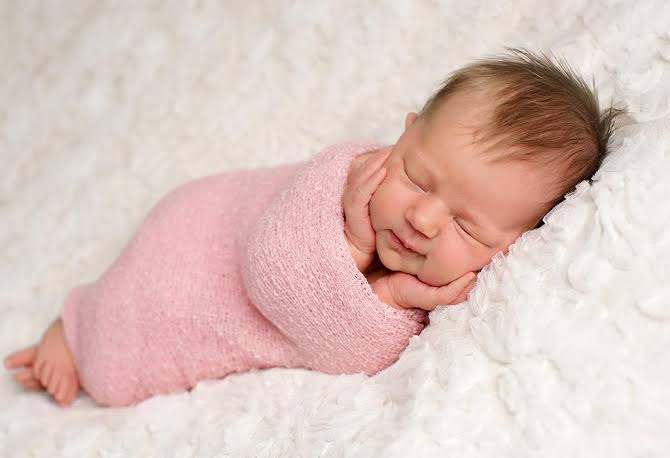 Source: bing.com
Source: bing.comAs a parent, it’s natural to worry about your newborn baby’s health and well-being. One of the risks you may not be aware of is hypothermia, a condition where the body temperature drops below the normal range. Newborn babies are particularly vulnerable to hypothermia, and it’s important to understand why this is the case so you can take steps to prevent it.
Table of Contents
What Is Hypothermia?
Hypothermia occurs when the body loses heat faster than it can produce it, leading to a dangerously low body temperature. The normal body temperature for adults is around 98.6°F (37°C), but newborn babies have a slightly lower normal range of 97.7°F to 99.5°F (36.5°C to 37.5°C). When a baby’s body temperature drops below the lower end of this range, they are at risk of hypothermia.
Why Are Newborn Babies At Higher Risk Of Developing Hypothermia?
Newborn babies are at higher risk of developing hypothermia for several reasons:
- They have a larger surface area to body weight ratio than adults, which means they lose heat more easily.
- They have less body fat to insulate them and keep them warm.
- Their bodies are not yet fully developed, so they have a limited ability to regulate their body temperature.
- They often have difficulty generating enough heat through shivering or other means.
All of these factors make newborn babies more vulnerable to hypothermia, especially in environments where the temperature is cooler than their ideal range.
How Can You Prevent Hypothermia In Newborn Babies?
Preventing hypothermia in newborn babies is essential for their health and well-being. Here are some simple steps you can take:
- Keep your baby warm by dressing them in layers and using blankets or a swaddle.
- Maintain a comfortable room temperature of around 68°F to 72°F (20°C to 22.2°C).
- Avoid exposing your baby to cold drafts or air conditioning.
- Limit your baby’s exposure to outdoor temperatures, especially in cold weather.
- Monitor your baby’s body temperature regularly with a thermometer.
By taking these steps, you can help keep your newborn baby warm and prevent the risk of hypothermia.
Conclusion
Hypothermia can be a serious risk for newborn babies, especially in cooler environments. By understanding why newborns are at higher risk of developing hypothermia and taking steps to prevent it, you can help keep your baby healthy and warm. Remember to monitor your baby’s body temperature regularly and seek medical attention if you suspect they may be experiencing hypothermia.
Frequently Asked Questions
Q: Can hypothermia be fatal for newborn babies?
A: Yes, hypothermia can be fatal for newborn babies if it is not treated promptly.
Q: What are the symptoms of hypothermia in newborn babies?
A: Symptoms of hypothermia in newborn babies can include cold skin, lethargy, poor feeding, and a weak cry.
Q: Can hypothermia be caused by overheating?
A: No, hypothermia is caused by a drop in body temperature and is not related to overheating.
Q: Can premature babies be at higher risk of hypothermia?
A: Yes, premature babies are often smaller and have less body fat, which can make them more vulnerable to hypothermia.
Q: How long does it take for hypothermia to develop in newborn babies?
A: Hypothermia can develop quickly in newborn babies, especially if they are in a cool environment. It’s important to monitor your baby’s body temperature regularly to prevent hypothermia from occurring.
